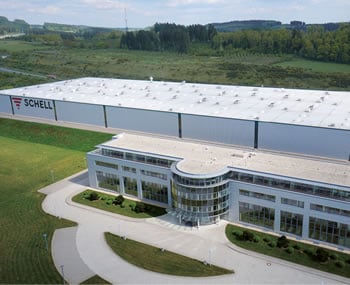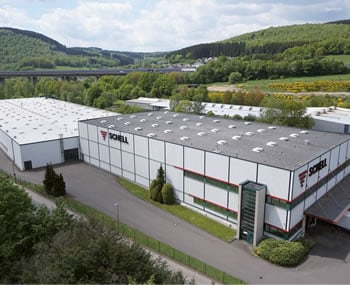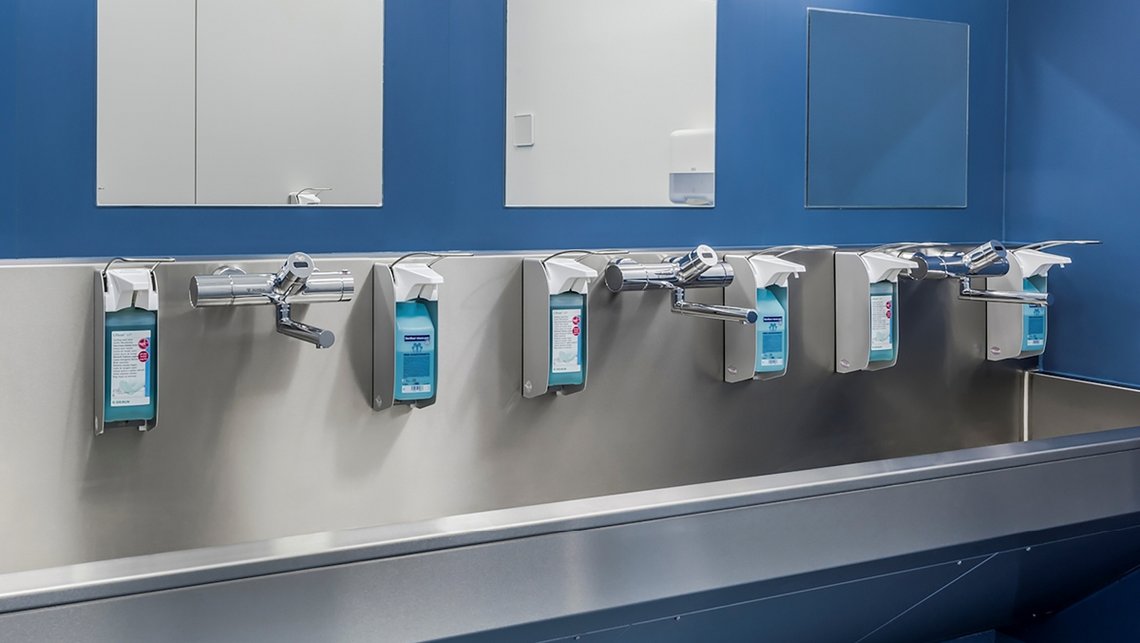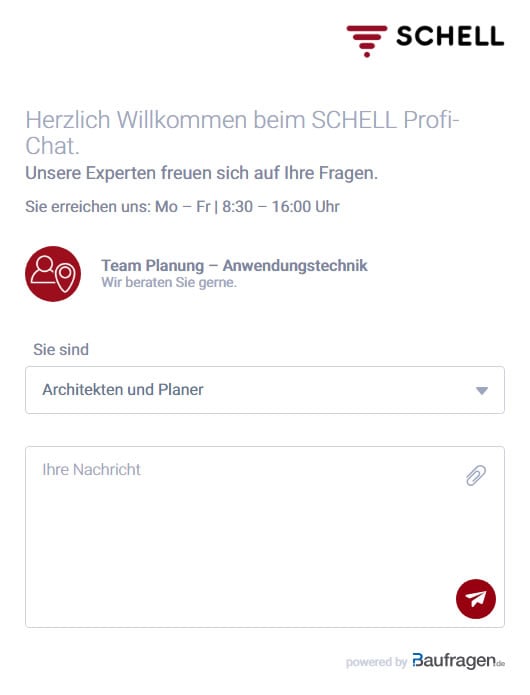SCHELL – responsibility for health
Mindful use of drinking water as a resource
Water-saving fittings – sustainability begins with consumption
User hygiene and drinking water hygiene
SCHELL water management system SWS
Certification according to BREEAM and LEED
Sustainability at SCHELL
Conclusion
SCHELL – responsibility for health
When it comes to sanitary facilities in hospitals, residential and nursing homes, schools or in many other buildings like this, ensuring adequate hygiene is particularly challenging: This is because the sanitary facilities are not used continuously and/or the risk of transmitting pathogens is to be averted as far as possible in order to protect people with pre-existing conditions or immuno-compromised persons in particular. This is a challenging task, but one that SCHELL has been committed to for many years.
Mindful use of drinking water as a resource
Drinking water is the most important foodstuff there is. It’s even more important that this increasingly scarce resource is used responsibly. Accordingly, the SCHELL portfolio includes products and solutions that are suitable for the mindful and sustainable use of our drinking water. They are particularly durable and designed to be easy to maintain and repair. And if repairs should become necessary, SCHELL can always offer the right spare part. In most cases, this avoids replacing the entire fitting itself, which saves both time and materials. Other sustainability aspects of SCHELL fittings are presented below.
Water-saving fittings – sustainability begins with consumption
Responsible use of drinking water begins where consumption can be controlled. This is where solutions from the SCHELL portfolio can be recommended. By using SCHELL non-contact fittings, for example, up to 70% water can be saved compared to standard single-lever mixers.
Low-contact self-closing fittings automatically stop the water flow after a preset time. As a result, only the specified volume of water needed for hand washing is actually used. An example of these are the low-contact models from the VITUS series. Fittings that are activated by a non-contact IR sensor optimise water consumption even more, as the flow of water stops instantly once hands leave the sensor range.

Many SCHELL fittings have non-contact controls, for example, the MODUS E wash basin fitting, which is also suitable for lower end budgets. This durable wash basin tap is designed for use in high usage areas. It features a security device to protect against deliberate blocking of your IR sensor. This means it can’t be set to continuous flow, for example, by someone sticking a piece of chewing gum over it. A flow regulator that limits the flow volume to 3 l/min regardless of pressure produces a soft water jet for a high level of user comfort. And the sensor range can be adjusted to approx. 2–17 cm. MODUS E features an energy-saving function: when the fitting has not been triggered for over 30 minutes, the sensor scan time is extended by one second.
Thanks to non-contact operation, water only flows when it’s actually needed. These features make MODUS E a sustainable innovative solution for your building. What’s more, thanks to the optional flow regulator, MODUS E taps can even help with obtaining LEED or BREEAM sustainable building certification.
User hygiene and drinking water hygiene
The electronic control of SCHELL’s non-contact taps not only reduces water consumption, but also improves user hygiene in high-use sanitary facilities, as the tap doesn’t have to be touched again after washing hands. This prevents smear infections.
In all properties where there are longer periods of non-use, e.g. due to school holidays, the switchable stagnation flush with non-contact washbasin taps also makes a sustainable contribution to drinking water hygiene. This is because every 24 hours or at the latest 24 hours after the last use, the taps trigger the flushing process for approximately 20 seconds to flush stagnant water out of the pipes.

SCHELL water management system SWS
The SCHELL water management system SWS enables all SCHELL fittings in a building to be intelligently linked, controlled and managed – this can even be remotely controlled anywhere in the world using the additional SMART.SWS online service. SWS helps maintain drinking water quality by means of automated stagnation flushes, which simulate normal use of the drinking water installation. In addition, the creation of room plans and groups, and wireless and/or cable networking enable more planning flexibility. For example, this allows stagnation flushes to be individually programmed. If needed, settings can even be adjusted for every single fitting. The automated processes not only save time and money. They also have a positive impact on water and energy consumption and by extension, on a building’s sustainability footprint. By monitoring the operating parameters (according to VDI 6023), the user always has full control and an overview of the drinking water installation. This allows the user to strategically control and improve efficiency and sustainability.

Certification according to BREEAM and LEED
This is also evident in building classification according to BREEAM and LEED, the classification systems for buildings that are widely used internationally. Certification points can be attained for the economical use of water, which are included in the overall classification of the building. One aspect of certification is a reduction in water consumption to the levels required by the classification systems. SCHELL fittings are designed to meet the required levels: combined with the appropriate flow regulators, they can be used to gain points in the ecological building classification according to BREEAM and LEED. More information on BREEAM and LEED can be found in our themed brochures (PDF in English).
Sustainability at SCHELL – the same holds true on both a large and small scale
At SCHELL, sustainability plays a vital role, because as experts we are committed to the responsible use of natural resources worldwide. Moreover, sustainability is a key factor in all areas of our company: from using less paper in our administrative offices in Olpe to production according to the cradle-to-cradle principle. SCHELL fittings and angle valves are made of recyclable brass. In fact, during production, chips and burrs are collected for recycling. Even fittings that are returned for recycling by plumbers after a long period of use are still a valuable resource. You can find out more about the topic of sustainability at SCHELL in our interview with Andrea Bußmann.
Summary
Sustainability is a major challenge facing us today and for future generations. SCHELL takes this responsibility very seriously and produces fittings and solutions for the mindful use of our drinking water resources. These include wash basin taps that help save water, while promoting user and drinking water hygiene. For holistic water management, we offer the SCHELL water management system SWS. Used sensibly, these solutions can help achieve sustainable building certification according to BREEAM and LEED.
If you have any questions about the sustainable use of SCHELL products, please get in touch with us through our customer support.
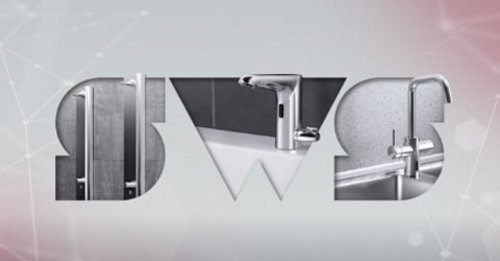
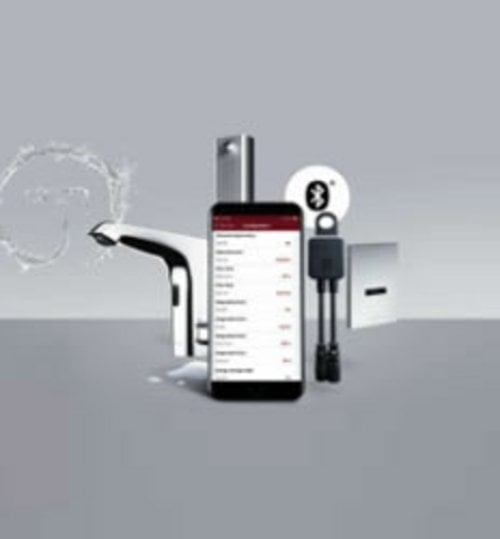
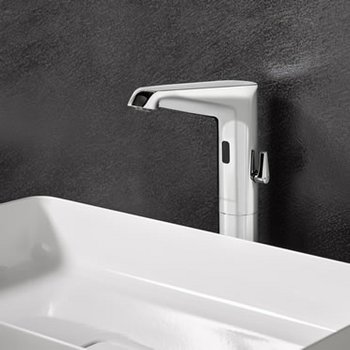
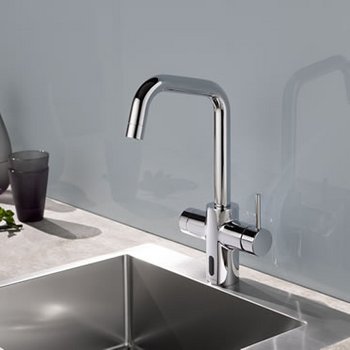
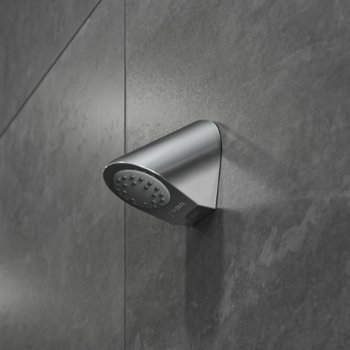
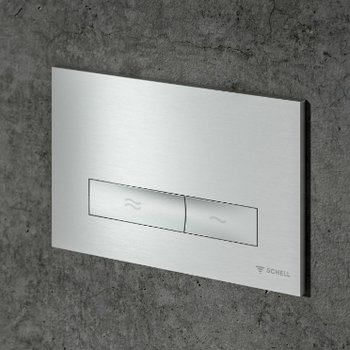
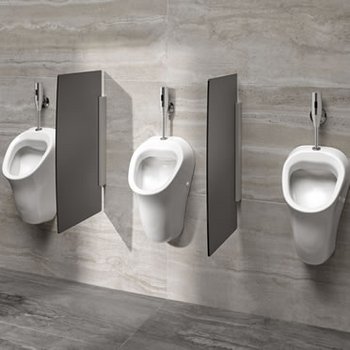
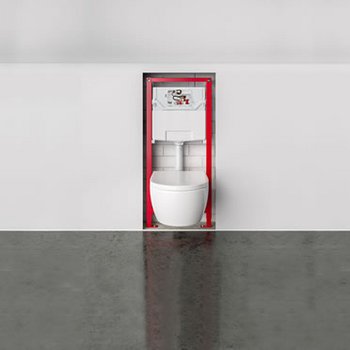
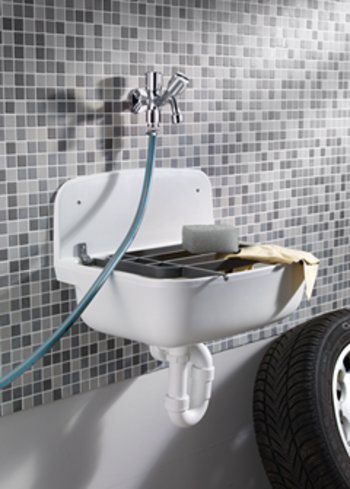
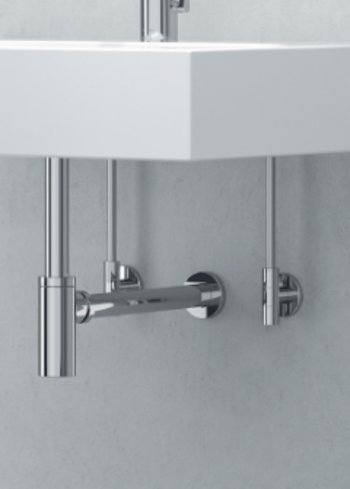
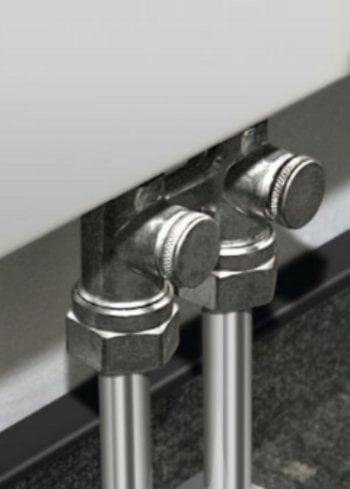
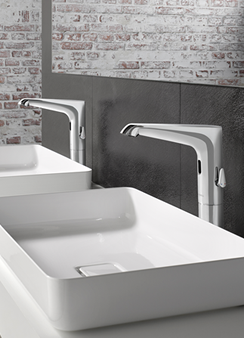
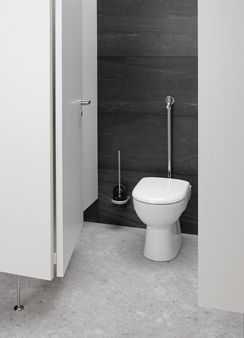
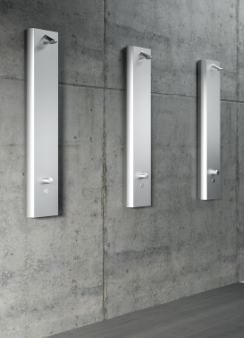
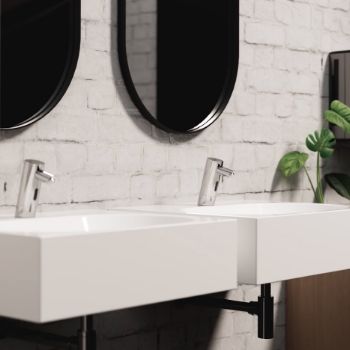

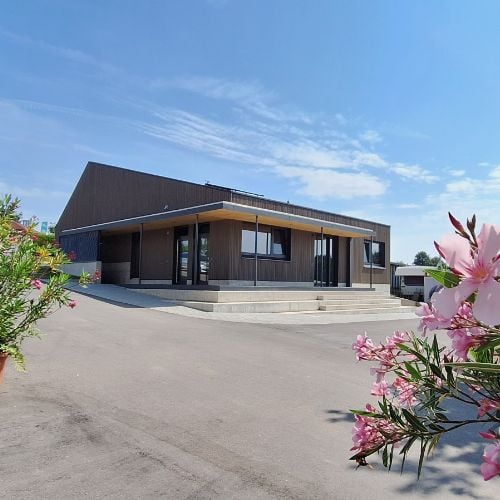
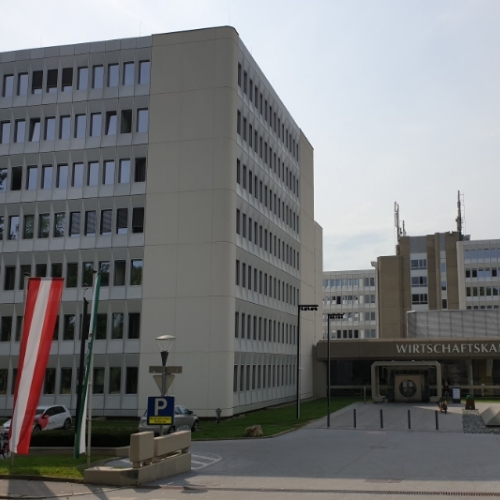
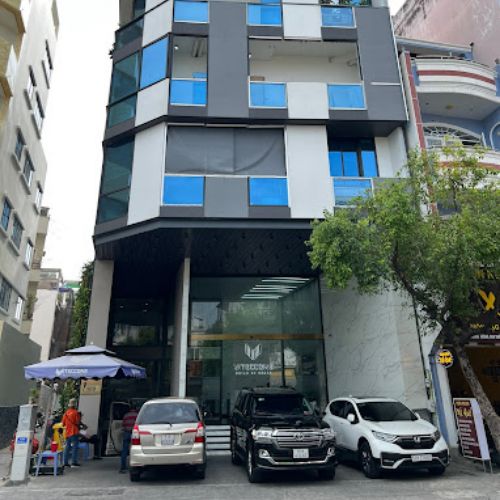
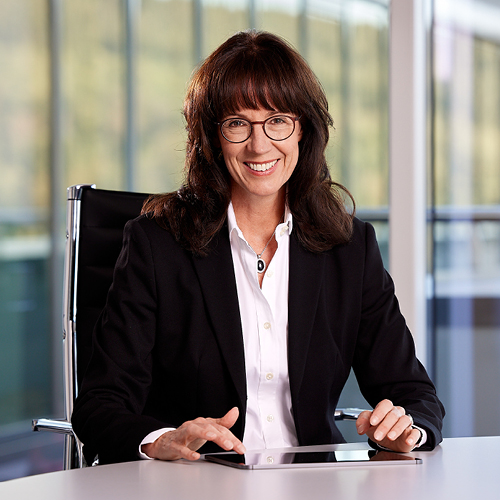
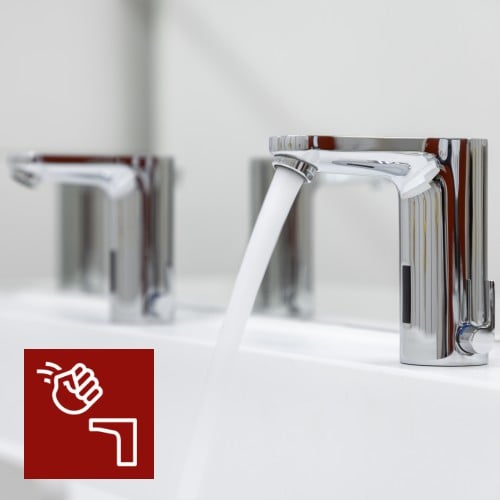
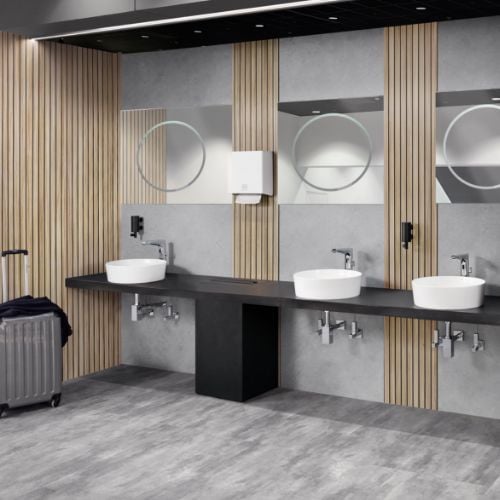
![[Translate to English:] [Translate to English:]](/fileadmin/user_upload/images/menu/menu_service_downloads_broschueren.jpg)
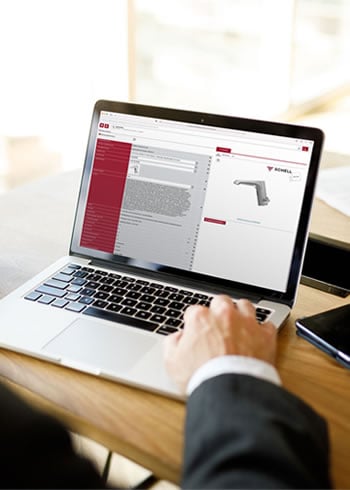
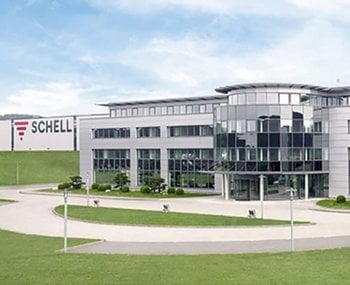


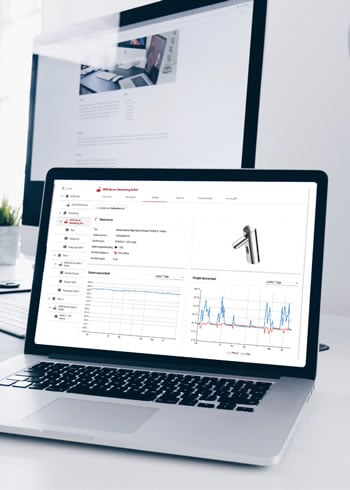

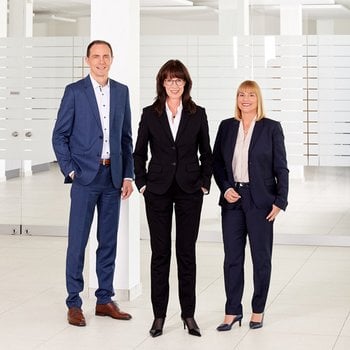
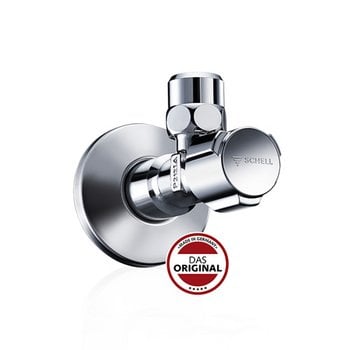
![[Translate to English:] [Translate to English:]](/fileadmin/_processed_/7/7/csm_menu_unternehmen_ueber-schell_awards_f6cec25b1d.jpg)
![[Translate to English:] [Translate to English:]](/fileadmin/_processed_/a/0/csm_menu_unternehmen_ueber-schell_wasser-sparen_41036d2dd9.jpg)


